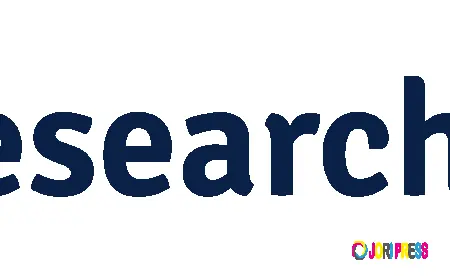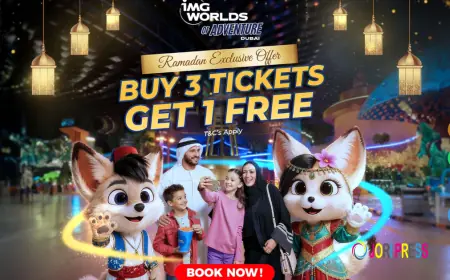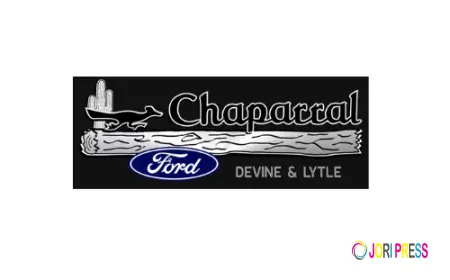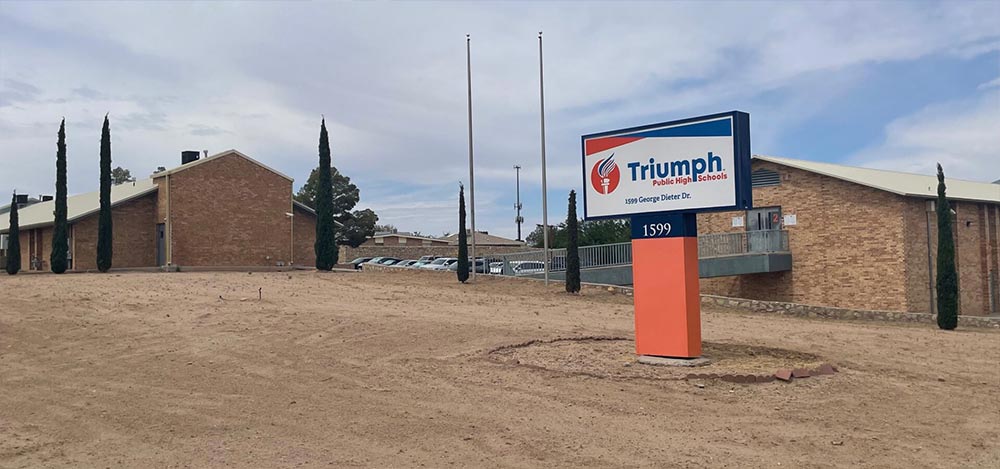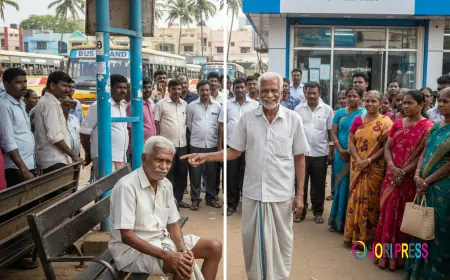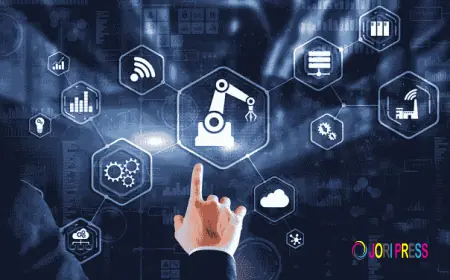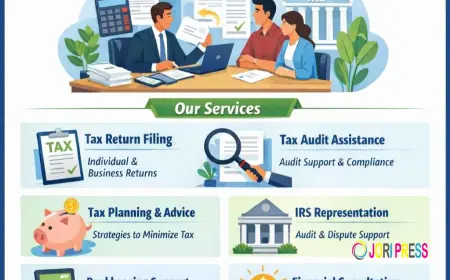What Is Progressive Religious Education and How Is It Different?
Explore how progressive education is transforming religious learning. Learn how the Unitarian Universalist Church fosters open-minded, inclusive spiritual growth.
In an age where spiritual exploration frequently meets evolving cultural values, the idea of spiritual schooling is a profound transformation. Many communities are transferring away from traditional, doctrine-heavy instruction and embracing something more inclusive, reflective, and socially aware — referred to as progressive education. Rooted in openness, essential questioning, and compassion, innovative religious schooling offers a dynamic approach to non-secular getting to know that speaks to today’s diverse and inquisitive minds.
As faith communities adapt to modern demanding situations, the Unitarian Universalist Church is regularly at the leading edge of this shift. By integrating cutting-edge moral issues, interfaith information, and private boom into its nonreligious schooling models, it illustrates how progressive education redefines what it means to study and live through one's values.
Understanding Progressive Education in a Faith Context
A New Path Toward Spiritual Growth
Traditional non-secular schooling has frequently centered on teaching fixed doctrines, memorizing sacred texts, and adhering to policies passed down via generations. While this approach has served faith groups, it could fall short for people searching for a greater holistic and flexible exploration of spirituality. This is in which innovative schooling makes a compelling case.
In a non-secular context, innovative schooling encourages novices to question, reflect, and interact in open dialogue. It places much less emphasis on arriving at definitive answers and more on cultivating curiosity, empathy, and personal perception. The aim isn't actually to mold a follower but to nurture a thoughtful individual who understands their beliefs in the context of a diverse and interconnected global community.
This method gives a framework for human beings of every age to deepen their spiritual knowledge in a way that aligns with their values, non-public reviews, and the evolving moral landscape of society.
The Role of Experience and Inquiry
One of the defining characteristics of progressive training is its reliance on experiential gaining knowledge of and inquiry-based dialogue. Rather than dictating what to agree with, it invites individuals to discover diverse perspectives, look at ethical dilemmas, and increase their non-secular voice.
Faith groups that embrace modern training frequently incorporate storytelling, interfaith exploration, provider studying, and social justice tasks into their curricula. These elements not only interact with freshmen on a deeper stage however also join spiritual gaining knowledge of to real-world application, making the revel in significant and relevant.
This fashion of education is especially empowering for younger humans, who may also feel disappointed with the aid of inflexible dogma but are searching for meaningful nonreligious guidance.
The Influence of the Unitarian Universalist Church
Encouraging Diverse Beliefs
The Unitarian Universalist Church is widely regarded as a pacesetter in modern religious training. Unlike conventional denominations that often center around a particular creed or doctrine, this community values pluralism — the concept that a couple of beliefs can coexist and improve each other.
In these surroundings, education becomes a celebration of diversity. Lessons would possibly include teachings from diverse world religions, clinical perspectives, moral philosophy, and social justice movements. This technique reinforces the concept that non-secular schooling can serve as a bridge between faith and the broader world.
By fostering appreciation for distinctive worldviews and encouraging essential concepts, the Unitarian Universalist Church enables individuals to construct their very own religious course while remaining connected to a broader, compassionate network.
Learning Across Generations
Progressive spiritual education doesn’t start in childhood. Lifelong learning is another hallmark of this technique, with packages designed fo r humans at all stages of life. Adults, too, are encouraged to explore questions of that means, morality, and private boom.
Workshops, discussion businesses, and network dialogues create space for intergenerational studying, in which human beings share insights and study from each other’s reviews. This collective model fosters a strong sense of network at the same time as emphasizing the perception that spiritual development is an ongoing adventure, not a vacation spot.
Key Differences from Traditional Religious Education
Emphasis on Values Over Doctrine
One of the clearest distinctions among revolutionary schooling and conventional non-secular preparation is the emphasis on shared human values in place of constant spiritual policies. While conventional fashions frequently pressure obedience, sin, and salvation, innovative training makes a specialty of compassion, equity, justice, and self-focus.
Rather than being taught what to think, people are recommended to think critically and compassionately. This shift can be especially releasingfor those who have felt limited or excluded by using traditional spiritual teachings.
By grounding studying in ordinary values as opposed to slim interpretations, innovative religious education remains reachable and inclusive, opening its doors to people from all backgrounds and beliefs.
Engagement With the World
In many conventional non-secular schooling systems, there’s a strong awareness of the afterlife, everlasting truths, or separation from secular society. Progressive non-secular education flips that attention, asking as an alternative how faith can assist human beings to live greater meaningful, ethical lives here and now.
Lessons regularly focus on climate responsibility, racial justice, gender equality, and different pressing societal problems. This encourages people to view their faith no longer as a separate domain, but as a crucial, guiding force in their ordinary actions and choices.
In this manner, revolutionary schooling doesn’t retreat from the complexities of contemporary lifestyles — it embraces them as vital additives of religious understanding.
Why Progressive Education Is Resonating Today
Meeting the Needs of a Changing World
The present-day international is marked by speedy exchange, increasing diversity, and complicated social challenges. As a result, many people are looking for spiritual communities that not only provide meaning but also equip them to navigate existence’s uncertainties with integrity and motive.
Progressive education meets this need via adapting its techniques and content material to be responsive to the world around it. Whether addressing environmental ethics, mental fitness, or interfaith cooperation, it offers a relevant and compassionate framework for knowledge of oneself and one’s position within the broader human circle of relatives.
This adaptability is a part of what makes modern religious education so powerful. It evolves along the learner, ultimately a dwelling, respiratory exercise that speaks to the heart of modern-day life.
Creating Inclusive Spiritual Communities
At its core, modern education seeks to construct communities that are not just intellectually open but emotionally supportive and socially responsible. It values inclusion, now not simply in theory, but in practice — growing areas in which people of each race, gender, orientation, and perception feel seen and heard.
This commitment to inclusivity makes progressive spiritual education especially appealing to people who may additionally have felt alienated or judged in greater conventional settings. Through considerate conversation, shared reviews, and collective growth, it fosters a sense of non-secular belonging that is deep, affirming, and transformative.
Conclusion
Progressive religious schooling is redefining how religion is taught, experienced, and lived. By embracing openness, inquiry, and actual-world relevance, it gives an empowering alternative to inflexible non-secular preparation. Rooted within the concepts of modern schooling, and exemplified via groups just like the Unitarian Universalist Church, this approach encourages people to discover their beliefs with honesty, compassion, and courage.
As extra people are seeking non secular spaces that replicate their values and interact with the complexities of modern-day existence, modern education is rising as a significant path forward — one which honors tradition at the same time as welcoming change. It offers now not just a curriculum, but a journey of lifelong studying and connection that nurtures both the spirit and the world around us.
What's Your Reaction?
 Like
0
Like
0
 Dislike
0
Dislike
0
 Love
0
Love
0
 Funny
0
Funny
0
 Angry
0
Angry
0
 Sad
0
Sad
0
 Wow
0
Wow
0

